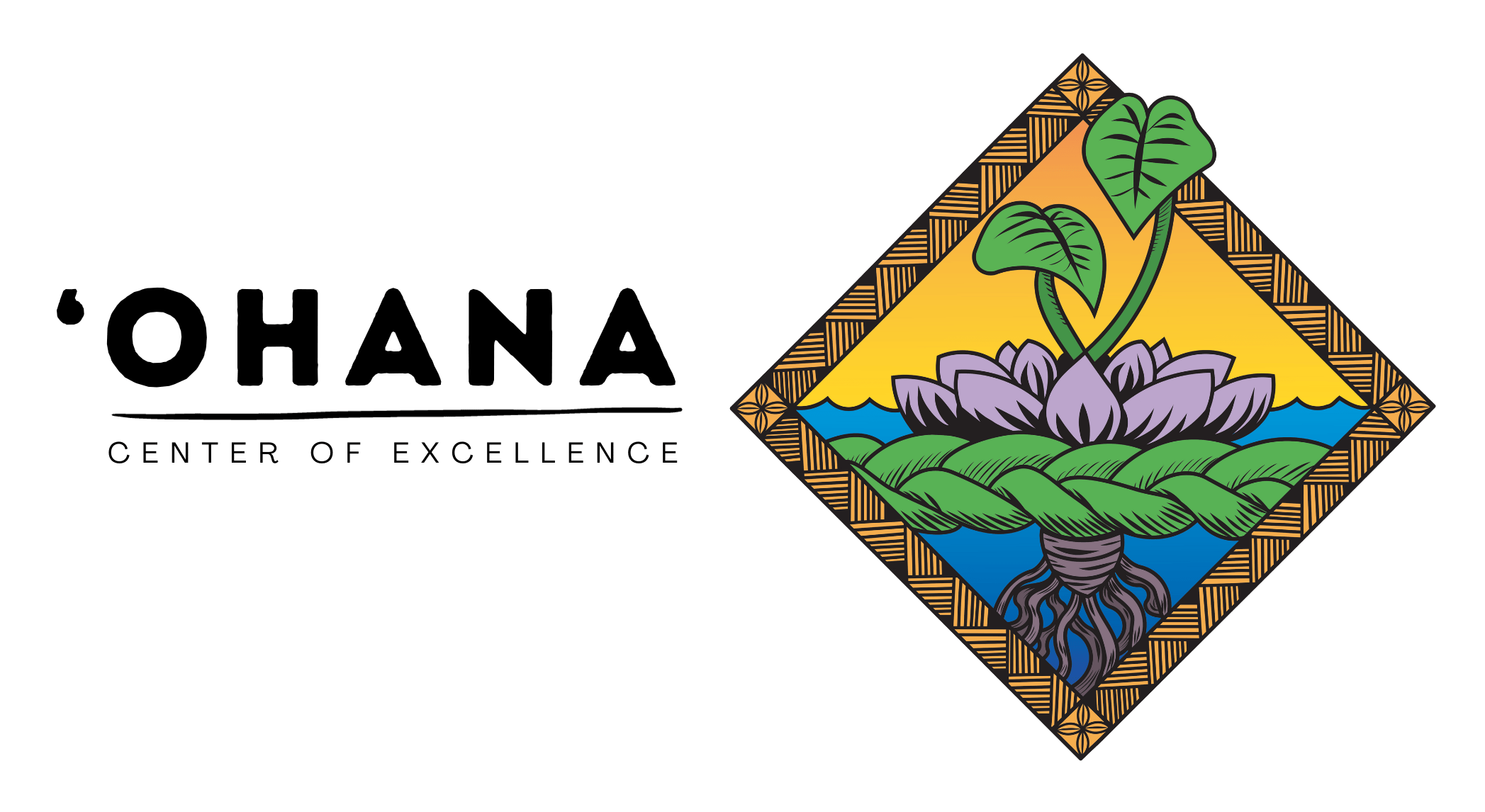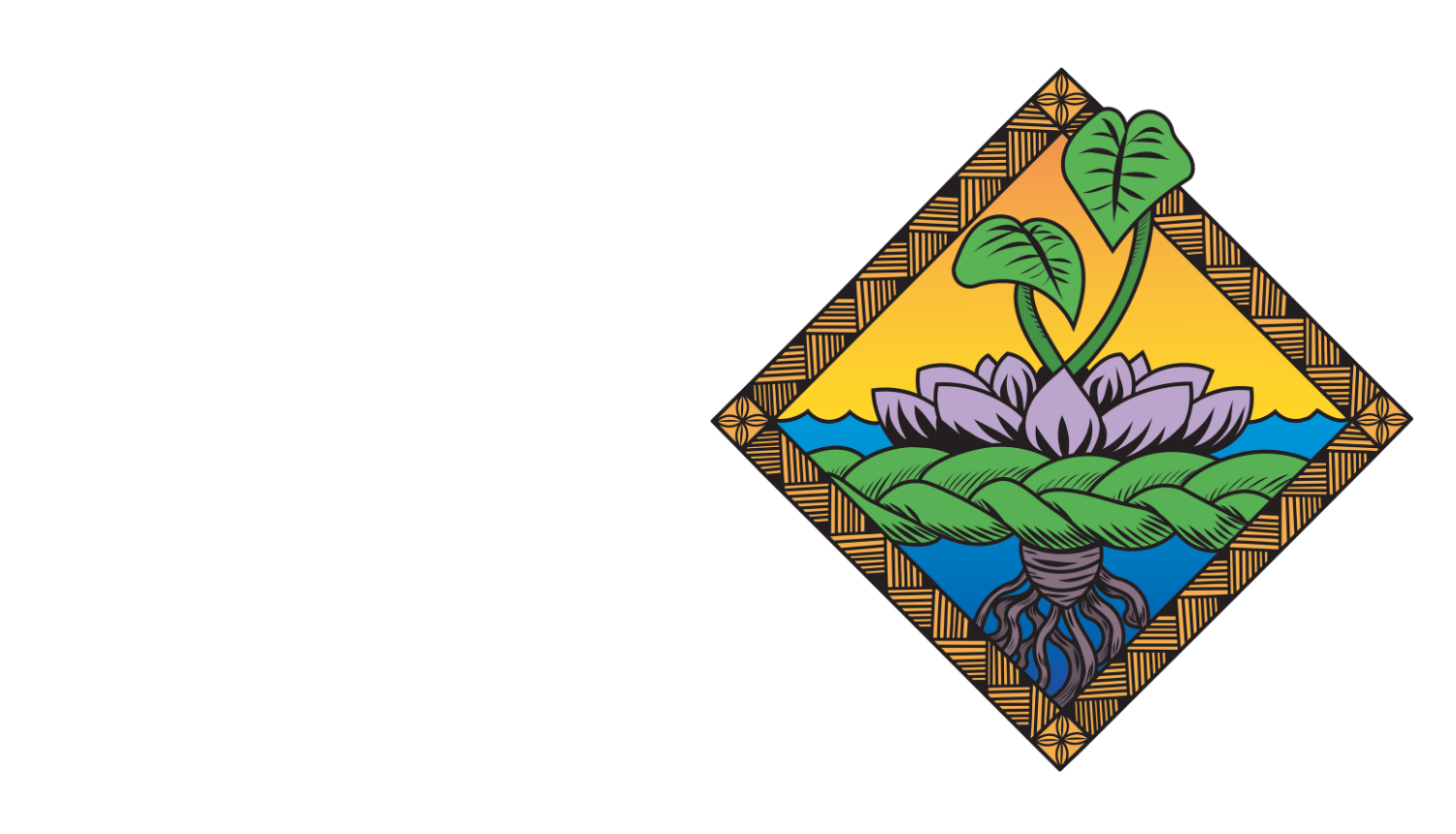This post was co-authored by Meekyung Han and Falahola Kanongataa.
Caregiving for Loved Ones with Mental Health Conditions and Challenges
Mental health conditions, particularly severe ones like schizophrenia, bipolar disorder, and major depression, can significantly impact a person’s daily life. However, these conditions are treatable, and many individuals can achieve recovery. One of the critical factors in this recovery process is family involvement, as family members play a crucial role in helping their loved ones regain control of their lives and rebuild their sense of self.
Caregiving for a loved one with a severe mental health condition can be a rewarding experience, as many caregivers find a sense of purpose and fulfillment during difficult times. This caregiving can strengthen family bonds and foster greater compassion and resilience. However, despite its rewards, caregiving can be demanding, as caregivers often juggle multiple responsibilities, such as providing support and assistance to their loved ones affected by mental health conditions and navigating and advocating for treatment while handling other personal, familial, and/or work-related commitments. Given that caregivers of individuals with mental health conditions tend to provide more care—about 32 hours per week on average—compared to typical family caregivers, it is understandable that family caregivers of individuals experience higher stress and negative impacts on their mental and physical health as well as quality of life.
Cultural Influences and Caregiving Challenges Among AANHPI Families
Caring for family members with mental health conditions poses unique challenges for Asian American (AA), Native Hawaiian (NH), and Pacific Islander (PI) caregivers. Cultural values such as familism and interdependency, which prioritize strong family obligations, often result in AA caregivers living with their relatives who have mental health conditions. Furthermore, language barriers (e.g., over 70% of Asians and 40% of NHPIs speak a language other than English at home) and deep-rooted cultural stigmas surrounding mental illness hinder access to mental health services among AAs. Compared to other ethnic/racial populations, AAs with mental health conditions tend to underutilize services (25% vs 52%, respectively). Such untreated mental health conditions can contribute to caregiving-related responsibilities and stress. In addition, traditional AAPI values, such as the concept of saving face, are directly related to the negative stigma associated with mental illness, which results in a great deal of secrecy and concealment for those struggling with it. Consequently, AA family caregivers may face more day-to-day difficulties and experience higher levels of distress, which can have a negative impact on their own well-being.
In Native Hawaiian and Pacific Islander (NHPI) cultures, family is often at the heart of caregiving as well. Everyone is expected to care for one another, especially during times of illness or crisis. This strong sense of familial duty, rooted in concepts like ohana (family in Hawaiian) and tauhi vā (mutual obligations in Tongan culture), leads many NHPI caregivers to take on primary caregiving roles for relatives with mental health conditions. While this norm strengthens familial ties and cohesion, it also places significant emotional, physical, and financial strain on caregivers. In many NHPI families, this caregiving role can be emotionally taxing.

Growing Mental Health Needs, Yet Limited Information Available
Despite being among the fastest-growing ethnic groups in the U.S., AANHPI communities face overlooked mental health needs, including challenges for individuals with mental health conditions and the family caregivers who support them. This neglect stems in part from stereotypes of a “model minority,” with few mental/behavioral problems, upward mobility, high educational attainment, and economic stability. In contrast to this general assumption, AAs suffer from mental and behavioral health conditions. Another problem not sufficiently explored in research, which impacts policy and practice, is that many studies still view AAPI caregivers as homogenous, overlooking the distinct cultural and structural variations, that impact caregiving experiences and challenges. Recognizing these diverse experiences is essential for addressing AA caregivers’ unique challenges, especially as the community continues to grow.
Similarly, NHPI caregivers encounter structural barriers, including higher poverty rates, lower educational attainment, and limited access to quality healthcare—issues that are exacerbated in rural or isolated areas. These challenges can make it particularly difficult for NHPI caregivers to secure the resources necessary for their loved ones and themselves for recovery and sustainable caregiving. The mental health needs of NHPI individuals and their caregivers are often overshadowed by broader categorizations that ignore the specific cultural and familial dynamics within various Pacific Islander communities.
To support AANHPI family caregivers, it is essential to develop culturally relevant, accessible mental health programs that encourage AANHPI individuals with mental health conditions to receive culturally sensitive and responsive care. The increased service utilization among loved ones can, directly and indirectly, reduce caregiving-related distress, resulting in increased wellness among family caregivers. Furthermore, more resources and services are in dire need for family caregivers themselves. Tailored support, further research, and targeted policies are critical to ensuring that AANHPI caregivers receive the support they need to navigate the emotional and physical demands of caregiving within their unique cultural contexts.
Moving Forward: Supporting AANHPI Family Caregivers
As described above, recovery from mental health issues is achievable and often bolstered by the support of family, yet family caregivers also face diverse responsibilities impacting their wellness. When they reside with those they support—a common aspect in many AANHPI families—the caregiving responsibilities can be higher, leading to heightened stress. To sustain their vital role in the recovery process, caregivers need strong support and resources from the communities and mental health professionals. To ensure AANHPI family caregivers receive the necessary support, it is crucial to develop resources, programs, and policies addressing their cultural nuances and structural challenges with special emphasis on each subgroup’s unique needs. Also, given the within-group diversity among AANHPI communities, culturally responsive care also involves understanding subgroup-specific experiences as well as geographic and structural barriers.
Some essential supports are, but not limited to, the following:
- Promoting culturally responsive and tailored mental health services, including offering services in Native languages, understanding cultural values around family caregiving, and addressing the unique mental health challenges faced by AANHPI communities, both collectively and individually.
- Increasing community support programs and resources tailored for AANHPI caregivers, including peer support groups and educational workshops on mental health and stress management. These initiatives aim to reduce feelings of isolation and create a space where AANHPI caregivers can share their experiences and receive emotional support.
- Improving public awareness and education can help reduce stigma associated with mental health. This approach encourages individuals with mental health conditions and their families to seek support, fostering more positive cultural attitudes and promoting the pursuit of treatment.
- Advocacy for policies that support family caregivers—such as paid family leave, respite care, and better access to mental health services—can ease the burdens of caregiving. National initiatives like the RAISE Family Caregivers Act can help ensure that caregivers receive the support they need at both individual and community levels.

Conclusion: A Shared Responsibility
In conclusion, caregiving for a loved one with a mental health condition is never easy, but for AANHPI families, the challenges are especially complex due to cultural, linguistic, and systemic barriers. Yet, despite these challenges, family caregiving remains a central value in AANHPI communities. With the right support—culturally relevant services, community-based programs, and advocacy for better resources—AANHPI caregivers can continue to provide the love and care that their family members need while also taking care of their own well-being. As we move forward, it is crucial to recognize the unique needs of AANHPI caregivers and ensure that their voices are heard and their experiences are addressed. By providing culturally and linguistically relevant and responsive mental health care, building strong support networks, and advocating for policies that better serve this community, we can help ensure that both caregivers and those they care for have the tools and resources they need to thrive.
With limited resources for AANHPI family caregivers, our ‘Ohana Center of Excellence is collecting AANHPI-specific resources to support caregivers of those with mental health conditions. Meanwhile, here are resources from the Substance Abuse and Mental Health Services Administration (SAMHSA):
- SAMHSA Family Support Guide: https://www.samhsa.gov/sites/default/files/samhsa_families_family_support_guide_final508.pdf
- Honoring Family Caregivers: https://www.samhsa.gov/blog/honoring-family-caregivers
- Parent and Caregiver Resources: https://www.samhsa.gov/families/parent-caregiver-resources
- Taking Care of You: Self-care for Family Caregivers: https://www.samhsa.gov/resource/dbhis/taking-care-you-self-care-family-caregivers



